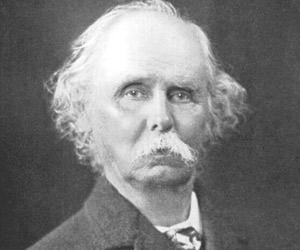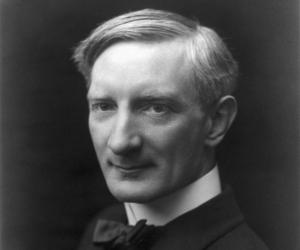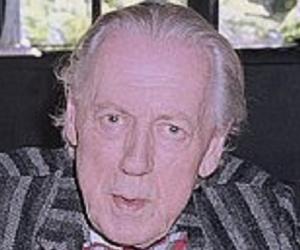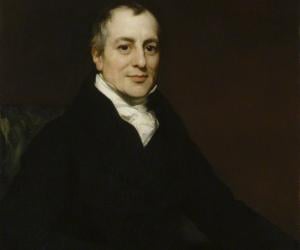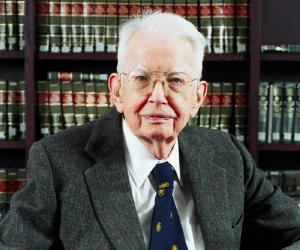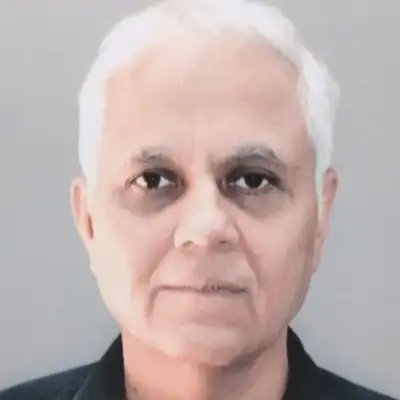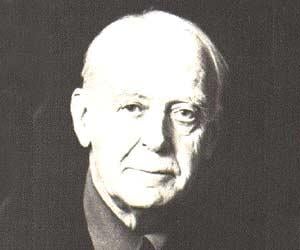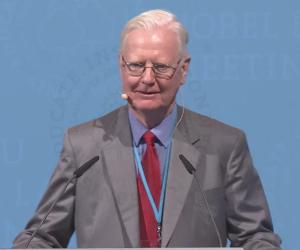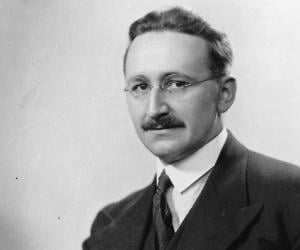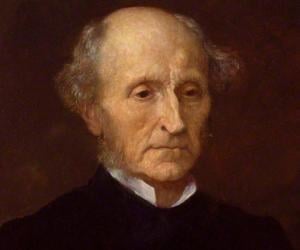Born In: Bermondsey
Alfred Marshall
(Economist)
Alfred Marshall was an English economist counted among the greatest economists of all time. He authored the very famous book ‘Principles of Economics’ which was the most prescribed textbook in economics in England for many years. Even though his works covered a wide range of fields in economics, his specialty was microeconomics. He was the one who emphasized on the concept of price elasticity of demand, a very important concept in the study of demand and supply of goods. One of the dominant economists of the early 20th century, it is remarkable that many concepts of the Marshallian framework are still considered relevant in the 21st century in spite of the tremendous progress economic science has made over the century. Even as a young boy Marshall displayed a keen interest in mathematics which intensified with age. Throughout college he was a brilliant mathematician whose interests eventually turned to philosophy and ethics after experiencing a mental crisis. He first turned to economics as he believed it was a means of improving materialistic conditions and dedicated his life to the development of economics as a scientific field. At the same time he wanted the knowledge of economics to be accessible to the layman and thus wrote books in a style that the layman could easily understand.
Economists #14
11
2
